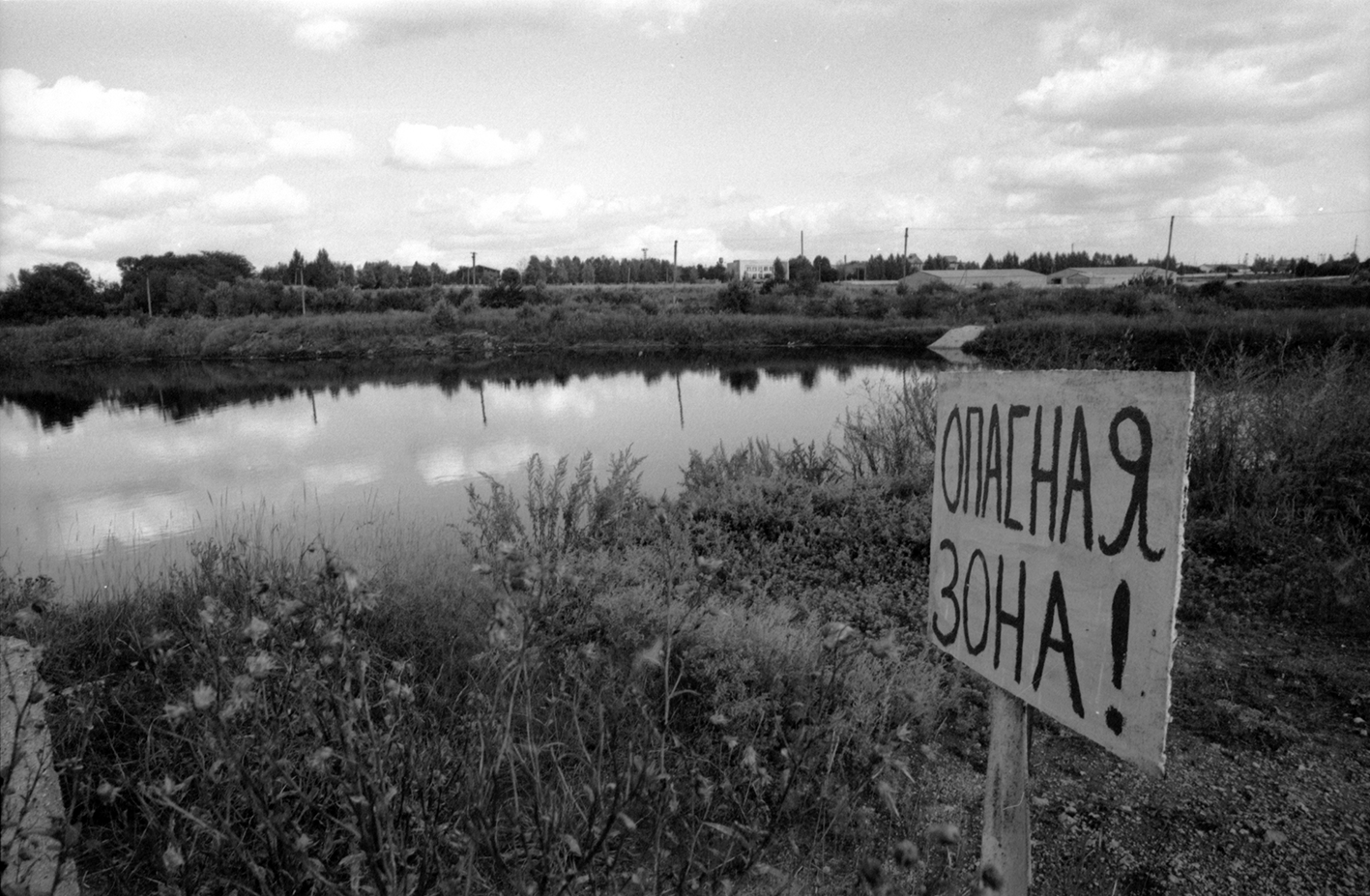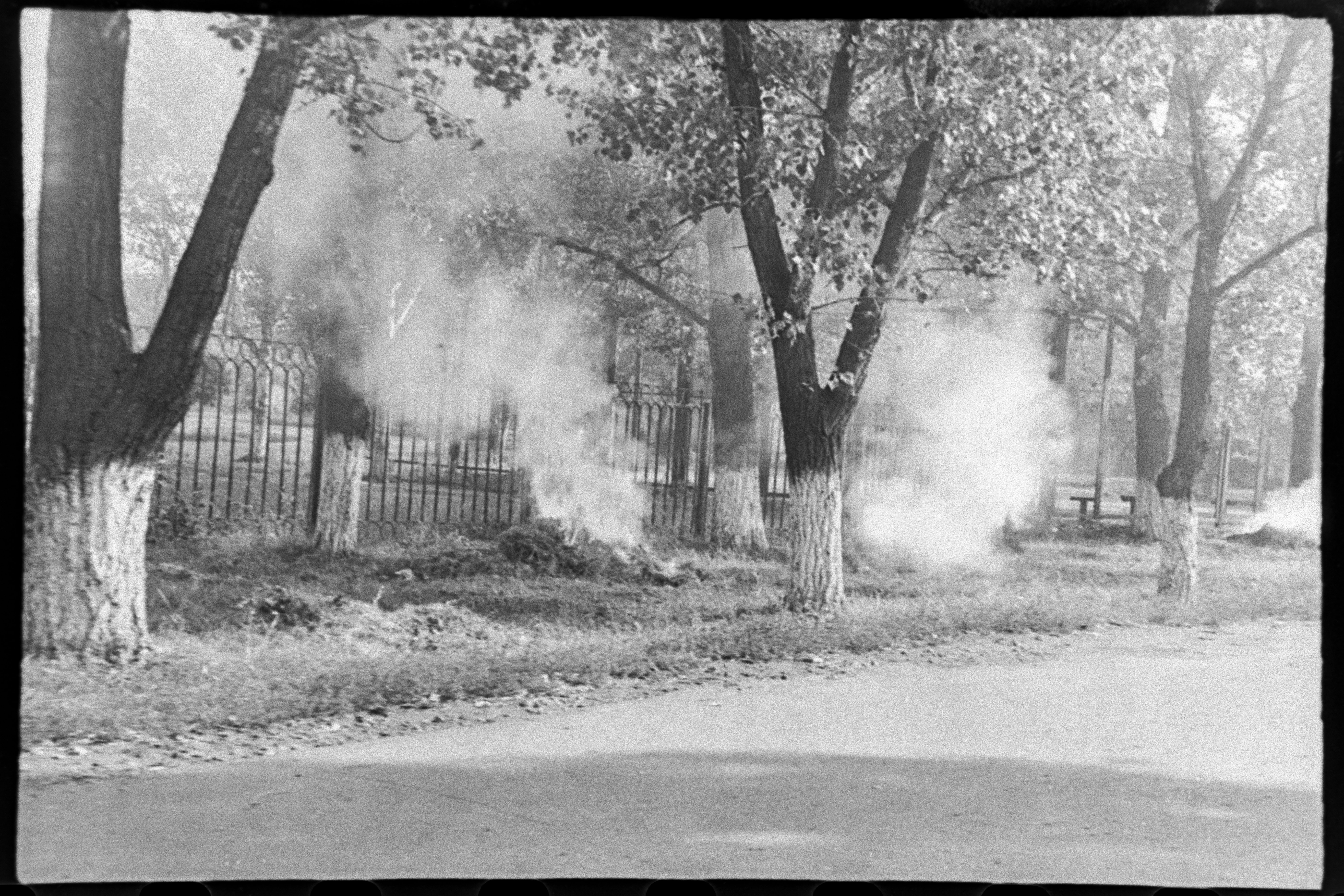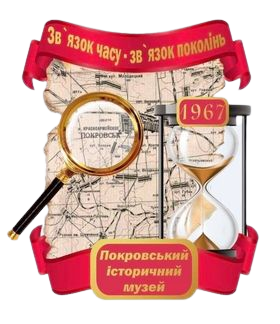In the late 1980s, the state’s failure to balance economic growth and ecological preservation became increasingly obvious. In conditions of economic decline, arguments about prioritizing industrial progress no longer made sense. Newly introduced freedoms of speech in the perestroika years encouraged public discussion of the shortcomings of the Soviet economic model. Visualizations of ecological disasters such as the desiccation of the Aral Sea and the Chernobyl catastrophe undermined the country’s reputation. Soviet mass media started to cover the ongoing destruction of nature and “ecocide.” The term “ecocide” had been used in the context of the US war in Vietnam from the 1970s onwards, where the toxins like fertilizers were sprayed on entire areas as part of chemical warfare, resulting in catastrophic environmental destruction. In the 1980s, the concept began to be widely used in the USSR. Moderate technological optimism gave way to eco-pessimism. The idealized landscape familiar from earlier photos turned out to have been “poisoned.” Thus, the media set itself a new goal – to expose ecological destruction and demand public action.

Reservoir for waste collection from the chemical industry in Mariupol, Donetsk region. October 1997. Photo: Borys Dembytskyi / CSFPPA
An amateur film “Where Are We Going?” about ecological conditions in Zhdanov (Mariupol after 1989) included shocking data about pollution levels. The proposed solutions mostly relied on technology: restructuring companies, increasing the efficiency of waste treatment facilities. The filmmakers called for action, especially from workers who were expected to put pressure on company administrations. They drew attention to questions of individual and corporate responsibility. At the same time, they raised the idea of limiting “further increases to the city’s industrial capacity.” Ideas of anti-growth and circular economies (based on resource renewal) had not yet made it onto the agenda.
Film “Where Are We Going?”, Mariupol, ed. By N. Chukhlib et al, 1989.
The idea of “ecocide” still operated in the familiar nature-culture dichotomy: it maintained assumptions about the exceptional nature of humans’ impact on the planet – this time in negative rather than positive terms. Contemporary approaches to these challenges try to move away from this anthropocentric focus, and to understand man as just one of many species living on the planet. Nature’s ability to “respond” to human interference is also believed to be much stronger than it was in the past.

The dry grass on fire: a photo as denouncement 2001. Mykola Bilokon /Pokrovsk Historical Museum, 2001.




